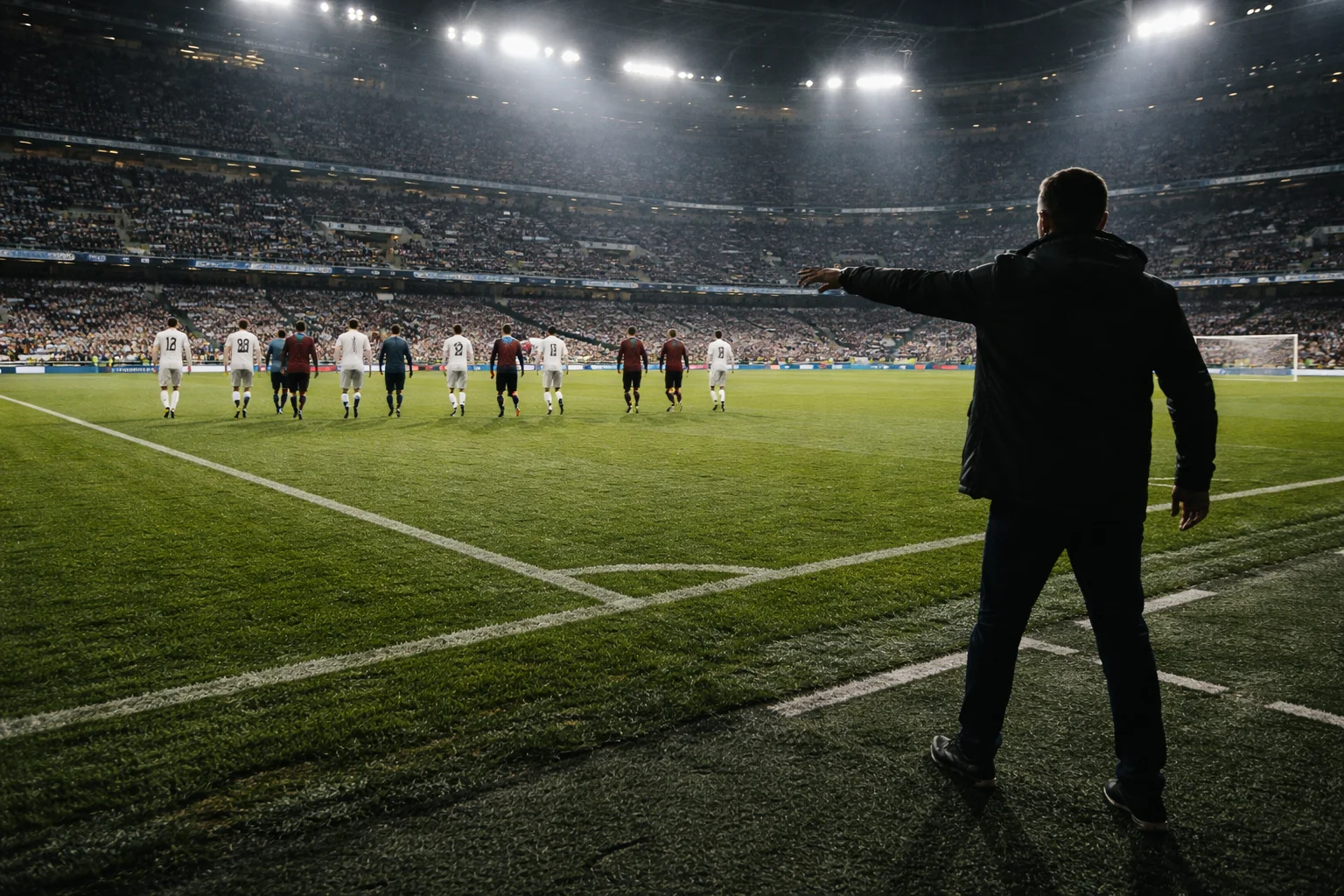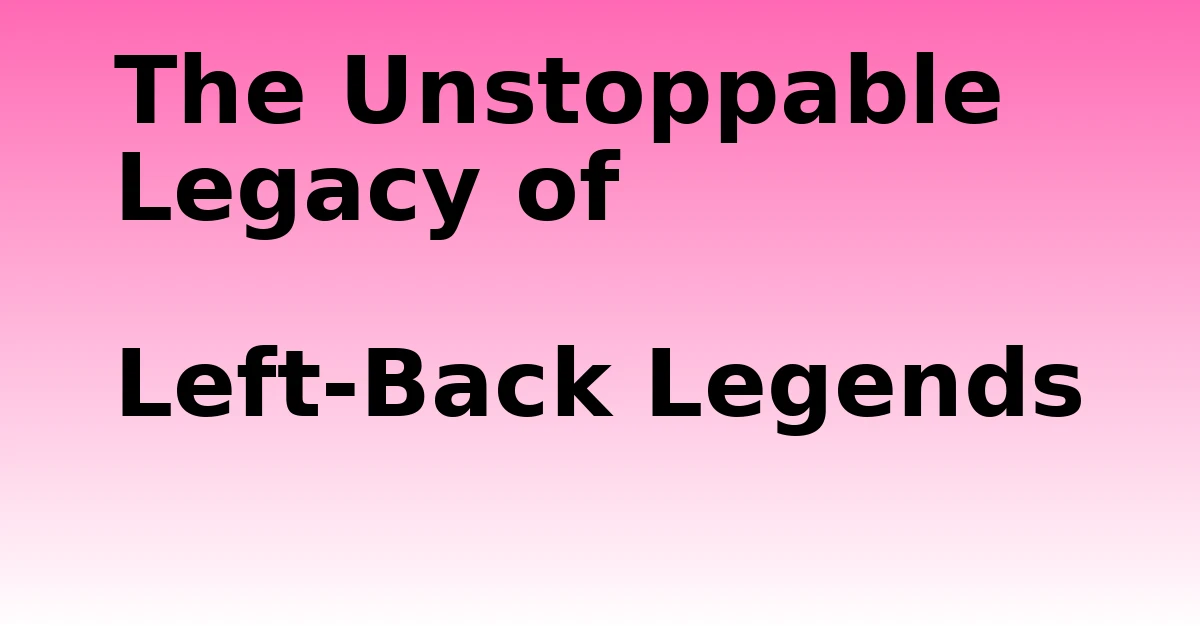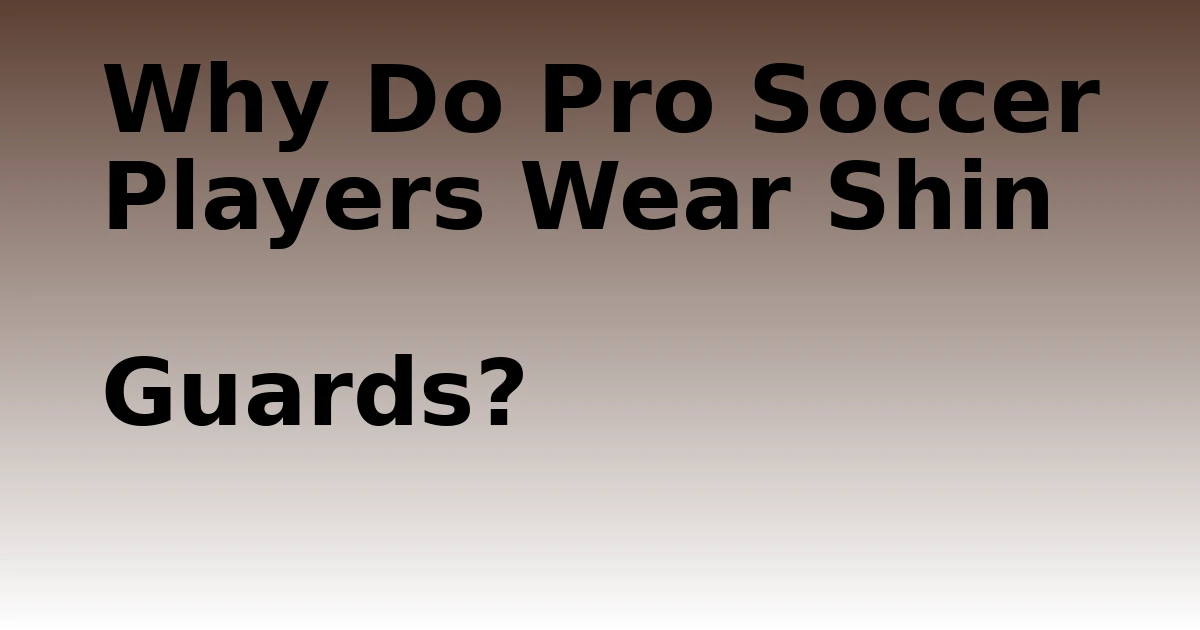In the high-stakes world of the English Premier League, recruitment is usually a meticulous process involving scouts, data analysts, and medical examinations. However, history contains anomalies that defy the logic of professional sports management. The story of Ali Dia stands as the most bizarre example of a breakdown in this system.
For a brief moment in 1996, a man with no professional track record managed to secure a contract with Southampton FC and play in a top-flight match. This event remains a subject of fascination, humor, and disbelief among football historians and fans alike. It highlights a unique era in sports where information was scarce and a simple phone call could bypass rigorous vetting procedures.
This article explores the mechanics of the Ali Dia hoax, the cultural context of 1990s football scouting, and other notable instances where reality fell short of the hype. By examining these events, we gain insight into how the business of soccer has evolved from a game of word-of-mouth recommendations to a data-driven industry.
The Anatomy of the Great Deception
The sequence of events leading to Ali Dia’s arrival at Southampton is a testament to the reliance on personal networks in pre-digital football. In November 1996, Southampton manager Graeme Souness received a phone call from a man claiming to be George Weah. At the time, Weah was a global superstar, playing for AC Milan and holding the title of FIFA World Player of the Year.
The caller recommended his “cousin,” Ali Dia, describing him as a talented Senegalese international who had played for Paris Saint-Germain. Souness, facing an injury crisis within his squad, saw an opportunity to bolster his attacking options with a player seemingly endorsed by football royalty. Without the internet to instantly verify these claims, the club offered Dia a one-month contract.
In reality, the caller was not George Weah, but a university friend of Dia’s. Dia had never played for PSG, nor was he a regular international for Senegal. He had spent time in the lower tiers of French and German football and had recently failed trials at lower-league English clubs like Gillingham and Bournemouth. The lack of a centralized database allowed these fabrications to go unchecked.
The 53 Minutes of Infamy at The Dell
The true test of a player’s ability is the match itself, and for Ali Dia, that moment came on November 23, 1996. Southampton was hosting Leeds United at their former home ground, The Dell. Dia was named on the substitute bench, wearing the number 33 shirt, despite having only participated in a single five-a-side training session where he went largely unnoticed.
Fate intervened early in the game when Southampton legend Matt Le Tissier suffered a calf injury in the 32nd minute. Souness signaled for Dia to warm up and enter the fray. The crowd watched with anticipation, expecting to see a hidden gem unearthed by their manager’s connections. What followed was a performance that has been described by Le Tissier as resembling “Bambi on ice.”
Dia appeared completely out of his depth, struggling with positioning, tactical awareness, and basic ball control. He wandered around the pitch aimlessly, often running away from the play rather than toward it. The experiment lasted only 53 minutes before Souness made the rare decision to substitute a substitute, replacing Dia with Ken Monkou. Southampton lost the match 2-0, and Dia was released from his contract the following day.
The Legend of Carlos Kaiser
While Ali Dia actually stepped onto the pitch, another figure in football history managed to sustain a career without playing at all. Carlos Kaiser, a Brazilian “footballer,” spent decades signed to major clubs like Botafogo, Flamengo, and Fluminense without ever playing a competitive game. His story provides a deeper look into the art of the con within the sport.

Kaiser utilized his physical resemblance to professional athletes and his charisma to befriend real stars like Romário and Edmundo. He would sign short-term contracts and immediately claim a lack of match fitness. During training, he would fake hamstring injuries or kick balls into the crowd to avoid participating in drills. Without MRI technology to disprove his muscle strains, team doctors often had to take his word for it.
He also employed elaborate ruses, such as using toy mobile phones to hold fake conversations in foreign languages, pretending to negotiate transfer offers from European clubs. This created a sense of high demand around him, prompting clubs to keep him on the payroll. Unlike Dia, who was exposed immediately, Kaiser managed to manipulate the social hierarchy of Brazilian football for over 20 years.
The Evolution of Scouting and Vetting
The Ali Dia incident served as a wake-up call for professional clubs regarding their recruitment protocols. In the mid-90s, scouting relied heavily on the “old boys’ network,” where a recommendation from a trusted former colleague was often considered sufficient proof of quality. Physical scouting trips were expensive and time-consuming, leading managers to take calculated risks on trialists.
Today, the landscape is radically different due to the advent of platforms like Wyscout and Opta. Clubs have access to video footage of virtually every professional league in the world. A player claiming to have played for PSG would be verified within seconds through digital databases that track minutes played, goals scored, and transfer histories.
Furthermore, the role of the football agent has become strictly regulated by FIFA. Intermediaries must be licensed, and transfer negotiations follow strict legal frameworks. While mistakes still happen, the possibility of a complete amateur bluffing their way into a Premier League lineup is statistically near zero in the modern era.
When Hype Exceeds Reality: The “Next Pele” Phenomenon
Not all transfer failures are the result of deception; some are the product of immense pressure and premature marketing. The story of Freddy Adu serves as a counterpoint to Ali Dia. Adu was a legitimate prodigy, signing a professional contract with D.C. United at age 14 and drawing comparisons to Pelé. However, the weight of expectation can be crushing.
Unlike Dia, Adu possessed genuine skill, but his development was stifled by a nomadic career that saw him move across various leagues in Europe and South America. The label of “wonderkid” often ignores the mental and physical maturity required to succeed at the highest level. When these players fail to meet the astronomical standards set by the media, they are often unfairly categorized alongside hoaxes.
This distinction is crucial for understanding football history. There is a significant difference between a player who is not good enough for the top tier and a player who was never a footballer to begin with. The “bust” label is often applied too broadly, conflating developmental stalls with lack of talent.
Modern Catfishing in Football
Despite technological advancements, the spirit of the Ali Dia hoax persists in the digital age through sophisticated “catfishing.” In 2019, a man named Bernio Verhagen was arrested after signing contracts with clubs in Moldova, South Africa, Chile, and Denmark without ever playing a game. He allegedly used fake emails, forged documents, and impersonated agents to secure deals.
Verhagen’s case demonstrates that while data exists, the human element of negotiation remains vulnerable to manipulation. He exploited the desire of smaller clubs to find a bargain or a hidden talent. By presenting himself as a free agent with a pedigree, he bypassed the usual scrutiny until his lack of ability became undeniable on the training ground.

These modern incidents underscore that the allure of the “unknown superstar” is a powerful blinder. Clubs desperate for success can still fall victim to confirmation bias, believing the lie because they want it to be true. The lesson remains that due diligence is the only safeguard against embarrassment.
Frequently Asked Questions
How did Ali Dia manage to get a contract with Southampton?
Ali Dia secured a one-month contract through a fraudulent phone call. A university friend of Dia called Southampton manager Graeme Souness, impersonating George Weah. The impostor claimed Dia was his cousin, a Senegalese international, and a former PSG player. Souness, trusting the recommendation of a supposed world-class player, offered Dia a trial contract without verifying the information.
Did Ali Dia actually play in a Premier League match?
Yes, Ali Dia played in one Premier League match. On November 23, 1996, he came on as a substitute for the injured Matt Le Tissier in the 32nd minute against Leeds United. He played for 53 minutes before being substituted off himself. His performance was notably poor, and he was released by the club shortly after.
What happened to Ali Dia after leaving Southampton?
After his release from Southampton, Ali Dia briefly played for Gateshead in the lower leagues. He scored on his debut but was eventually let go. Following his stint at Gateshead, he largely disappeared from the public eye. Reports suggest he went on to finish his education, earning a degree in business, and stepped away from the football world entirely.
Who was Carlos Kaiser and how does he relate to this topic?
Carlos Kaiser was a Brazilian man who managed to sign contracts with several top professional clubs over a 20-year period without ever playing a competitive match. Unlike Dia, who was exposed quickly, Kaiser used charm, fake injuries, and social connections with famous players to maintain his ruse. He is considered one of the greatest con artists in football history.
Could a hoax like Ali Dia happen in today’s Premier League?
It is highly unlikely for a hoax of this magnitude to occur in the modern Premier League. Clubs now use advanced data analytics, video scouting platforms like Wyscout, and rigorous background checks. Every professional player has a digital footprint that tracks their career statistics. However, lower-level clubs with fewer resources occasionally still fall victim to sophisticated fraud.
Why didn’t Graeme Souness realize Ali Dia was not a professional during training?
Ali Dia only participated in one training session before the match against Leeds United. That session was a five-a-side game on a Friday, which is typically light and less tactical. While some players noted he didn’t look impressive, the short timeframe and the immediate injury crisis meant Souness had little time to evaluate him fully before including him in the matchday squad.
What is the difference between a transfer flop and a hoax?
A transfer flop is a professional player who is signed for a high fee or with high expectations but fails to perform well for the club. They are legitimate athletes who simply struggle with form or adaptation. A hoax, like Ali Dia or Bernio Verhagen, involves a person who misrepresents their identity or credentials to secure a contract they are not qualified for.


